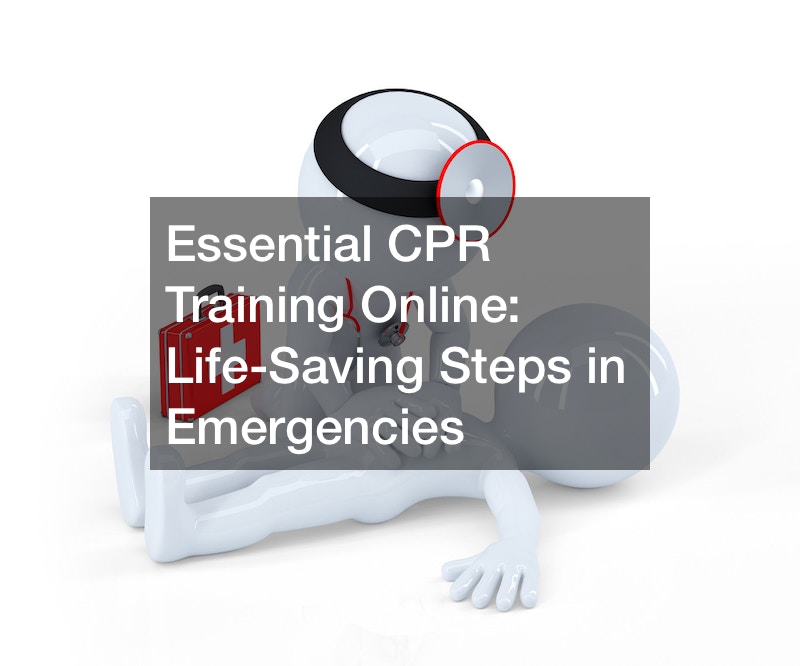Selecting a tuition centre for your child can be a crucial decision that affects their academic success. With a variety of options available, it is essential to carefully evaluate different centres to ensure they align with your child’s educational needs, learning style, and your goals as a parent.
Here are key factors to consider before choosing a tuition centre for your child.
1. The Centre’s Reputation and Track Record
One of the most important factors when selecting a tuition centre is its reputation. A centre with a proven track record of success can give you confidence that your child will receive quality education. Research the centre’s history, read reviews from other parents, and ask for testimonials from former or current students. Word-of-mouth recommendations can be invaluable, as parents who have experienced the centre firsthand can provide insights into the quality of teaching, facilities, and overall environment.
You should also inquire about the centre’s success rates, especially in areas relevant to your child’s academic goals. For example, if your child needs assistance with mathematics, you would want to know how well the centre has performed in improving students’ math scores.
2. The Qualifications and Experience of the Tutors
The expertise of the tutors is paramount to your child’s learning experience. When choosing a tuition centre, ask about the qualifications and teaching experience of the tutors. Tutors should ideally have a relevant background in education, and some might even hold specialized degrees or certifications in the subjects they teach. For example, a tutor teaching science should ideally have a strong understanding of the subject, preferably with a degree in that area.
Experience is also crucial. Tutors who have worked with students of various academic levels are more likely to adapt their teaching methods to suit different learning styles and address specific areas of difficulty. Make sure the tutors have experience with the age group and academic level of your child.
3. The Centre’s Teaching Methodology
Every child learns differently, so it’s important to choose a tuition centre whose teaching methodology aligns with your child’s learning style. Some centres may use traditional teaching methods, while others might incorporate modern approaches such as interactive learning, project-based learning, or technology-driven tools.
You should assess whether the centre’s teaching style encourages active participation, promotes critical thinking, and tailors lessons to your child’s strengths and weaknesses. Ask the centre about their approach to teaching. Do they focus on one-on-one tuition, or are the classes group-based? Does the centre offer personalized lesson plans or structured curriculums?
It’s also essential to check whether the centre uses any assessments to monitor your child’s progress. Regular tests and feedback ensure that the teaching methods are effective and that the student is progressing toward their academic goals.
4. The Centre’s Location and Accessibility
Convenience plays a significant role in your decision-making process. A tuition centre’s location should be easily accessible to you and your child. You’ll want to choose a centre that minimizes travel time to ensure your child isn’t overly fatigued or stressed by long commutes.
It’s also worth considering the centre’s hours of operation. Some centres offer flexible timings, while others may operate only during school hours. Think about how the schedule will fit into your family’s daily routine, including extracurricular activities and other commitments. A tuition centre that is located near your home or your child’s school can make the process more convenient and consistent.
5. Class Sizes and Individual Attention
Class sizes can significantly affect the quality of education your child receives. Smaller class sizes typically provide more individualized attention, which can be particularly beneficial if your child needs extra support or struggles to keep up in larger groups.
In a smaller class setting, tutors can provide more tailored instruction, giving each student the opportunity to ask questions and engage more fully with the material. On the other hand, larger class sizes may make it difficult for tutors to focus on each student’s individual needs.
It’s important to ask about the student-to-teacher ratio at the tuition centre to ensure that your child will receive sufficient attention to thrive.
6. Costs and Fees
Tuition costs can vary widely from one centre to another. It is essential to ensure that the tuition centre you choose fits within your budget while still offering quality services. Some centres may charge per session, while others may offer packages or monthly rates. Be sure to clarify the fee structure upfront, including any additional costs for materials, registration, or exams.
While it’s tempting to go for the most affordable option, remember that the quality of education should remain the top priority. Sometimes, investing in a slightly more expensive centre with a proven track record can be more beneficial in the long run. On the other hand, ensure that you are not overpaying for services that do not meet your child’s needs.
7. Support and Communication with Parents
Effective communication between the tuition centre and parents is key to ensuring that your child’s educational journey is on track. A good tuition centre should offer regular updates on your child’s progress, whether through progress reports, parent-teacher meetings, or digital platforms.
It’s important that the centre is approachable and responsive to your concerns. Ask if they offer channels for you to reach out if you have questions or need additional support. A centre that fosters an open line of communication helps ensure that you and your child feel supported and involved in the learning process.
Watch the video above to learn more!
.


